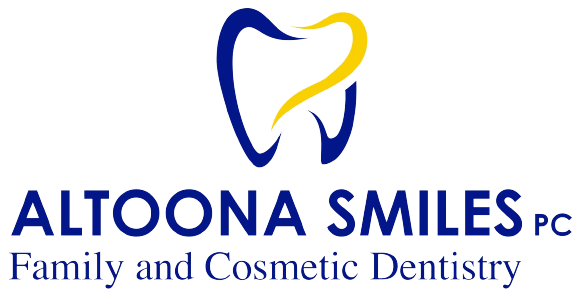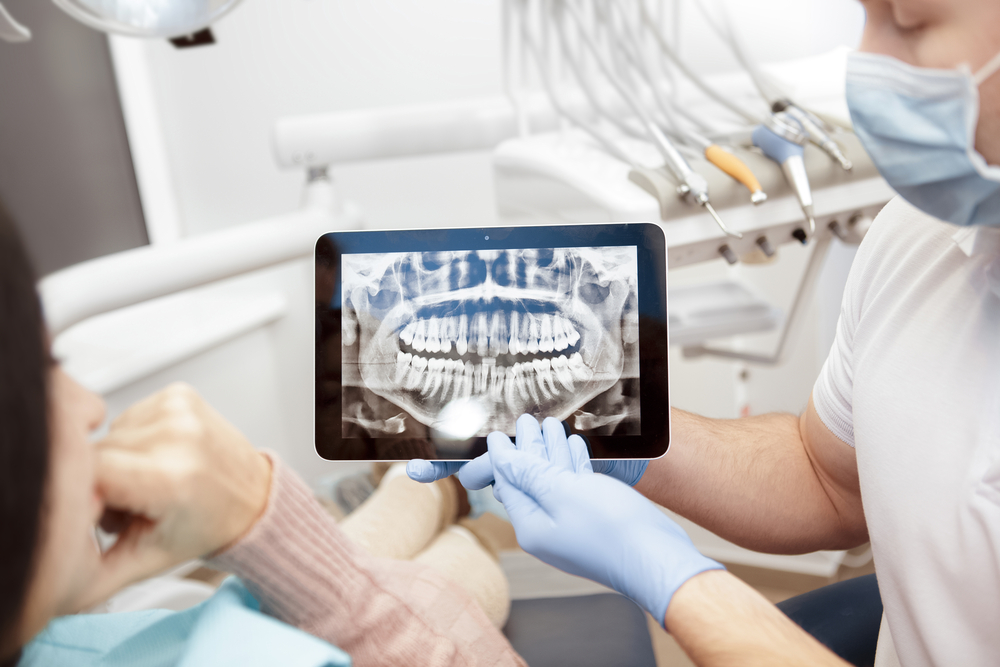Mouthwash is a liquid that is used to clean teeth, gums, and other oral tissues. It comes in both cosmetic and therapeutic varieties. Cosmetic mouthwashes are used to improve the smell of your breath, while therapeutic mouthwashes contain ingredients that can help treat various dental problems. There are many different types of mouthwash available on the market today, so it can be difficult to know which one is right for you. In this blog post, we will discuss the different types of mouthwash available and when you should be using them!
What is Mouthwash?
Mouthwash is a liquid that is used to clean teeth, gums, and other oral tissues. There are two main types of mouthwash: cosmetic and therapeutic. Cosmetic mouthwashes are used to improve the smell of your breath, while therapeutic mouthwashes contain ingredients that can help treat various dental problems.
Cosmetic Mouthwashes
Cosmetic mouthwashes are used to improve the smell of your breath. They do not contain any therapeutic ingredients and are not meant to treat any dental problems. Many cosmetic mouthwashes simply mask bad breath with a pleasant flavor or scent. If you are looking for a mouthwash that will make your breath smell nice, a cosmetic mouthwash is a good option.
Therapeutic Mouthwashes

Therapeutic mouthwashes contain active ingredients that can help treat various dental problems. For example they can contain one or more of the following ingredients:
- Cetylpyridinium chloride: reduces bad breath
- Chlorhexidine: controls plaque and gingivitis (prescription only)
- Essential oils (eucalyptol, menthol, thymol, methyl salicylate): controls plaque and gingivitis
- Fluoride: strengthens tooth enamel to prevent decay
- Peroxide: used as a whitening agent in whitening mouthwashes
If you are looking for a mouthwash that will actually improve your oral health, a therapeutic mouthwash is a good option. However, be sure to read the label carefully to find a mouthwash that contains the ingredients you are looking for.
When Should You Use Mouthwash?
Mouthwash can benefit most people over the age of 6. Children under 6 should not use mouthwash since they may accidentally swallow too much. Beyond reducing bad breath, fighting plaque, and maintaining healthy teeth and gums, mouthwash can help fight these common dental problems: dry mouth, tooth decay, gingivitis, or stained teeth.
Dry Mouth

Dry mouth is a condition in which there is not enough saliva in your mouth. This can be caused by certain medications, medical conditions, or simply aging. Dry mouth can lead to bad breath, as well as an increased risk of tooth decay and gum disease. If you have dry mouth, using a therapeutic mouthwash that is formulated for dry mouth can help. Mouthwash made for dry mouth contains animal mucins, cellulose derivatives, and enzymes that mimic natural saliva. They are also alcohol-free since alcohol makes dry mouth worse.
Tooth Decay and Gum Disease
Tooth decay and gum disease are both caused by plaque, a sticky film of bacteria that forms on your teeth. Plaque can cause cavities and lead to gingivitis, an early stage of gum disease. If not removed, plaque can harden into tartar, which is much harder to remove. Therapeutic mouthwashes that contain ingredients like fluoride, chlorhexidine, and essential oils can help fight plaque and prevent cavities and gum disease.
Stained Teeth
If you have stained teeth, using a whitening mouthwash can help. Whitening mouthwashes contain peroxide, which is a bleaching agent that can remove stains from your teeth and prevent future stains. Be sure to follow the directions on the label carefully, as whitening mouthwashes can cause tooth sensitivity if used too often.
In Conclusion
Mouthwash can be a great way to improve your oral health. Be sure to choose the right type of mouthwash for your needs and always follow the directions on the label. If you have any questions about mouthwash, be sure to ask your dentist.







